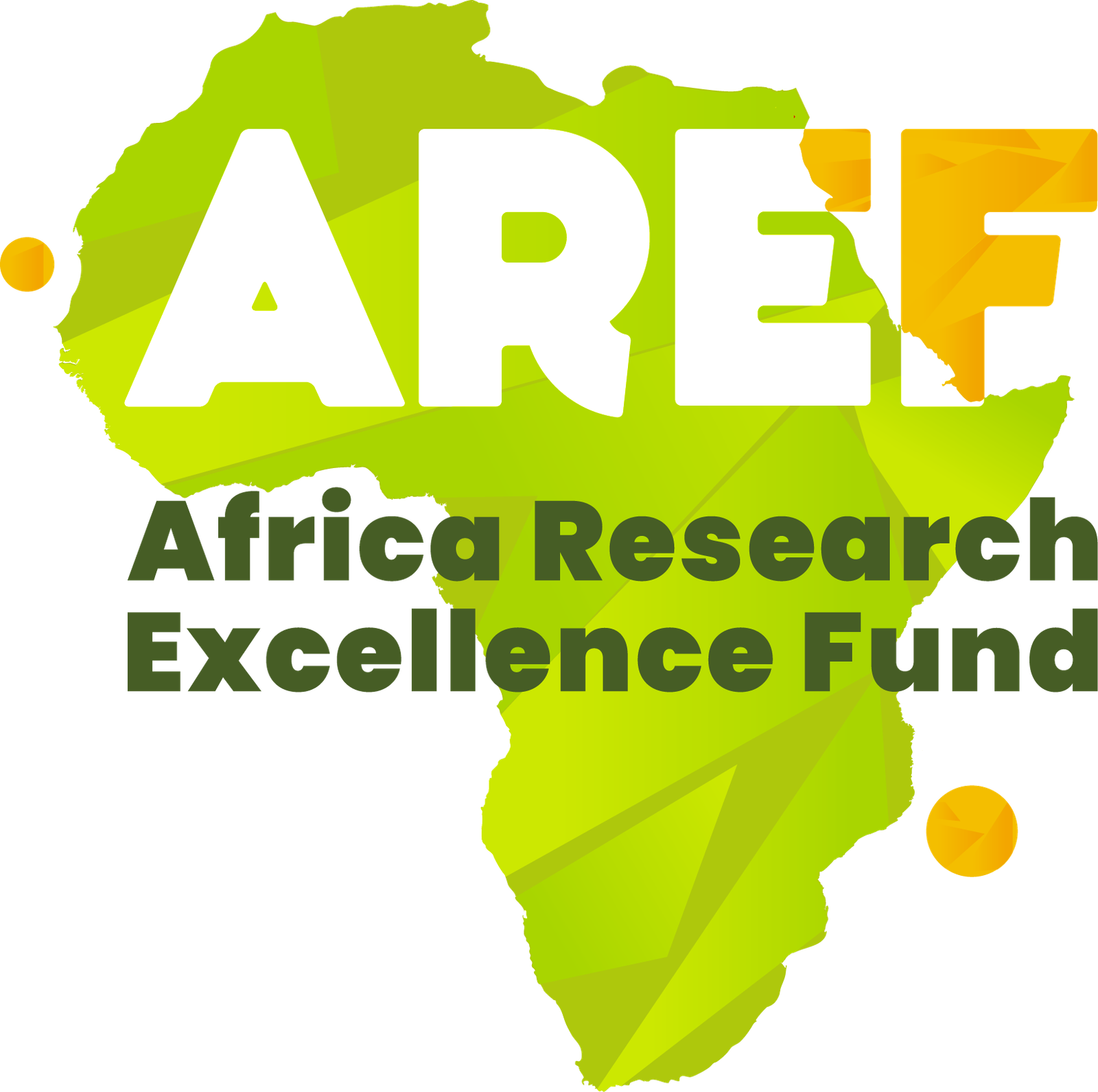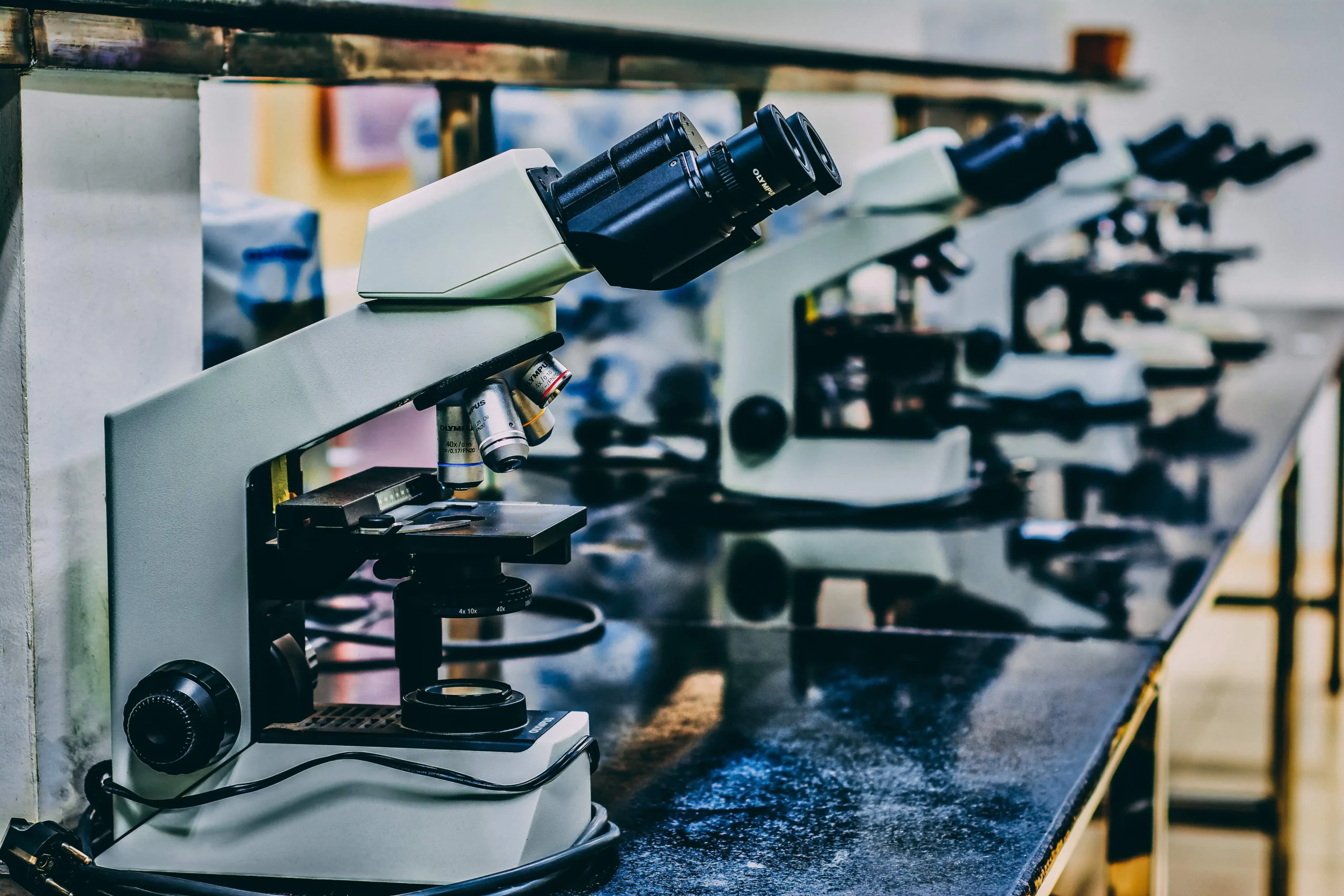Employing institution: Institute of Human Virology (Nigeria)
Host institution: University of Cambridge (UK)
Project title: Developing advanced skills in genomics and computational sequencing methods to study HIV drug resistance patterns across Sub-Saharan Africa.
Dr Abdullahi initially trained as a tropical disease scientist at the Liverpool School of Tropical Medicine and completed his PhD in Virology and Infectious Diseases, investigating factors that impact the outcomes of HIV treatment across Africa. Dr Abdullahi, is currently based at the Institute of Human Virology in Abuja, his fellowship helped him expand his technical skills and generate key empirical data to inform the design of larger studies to guide HIV implementation and policy action across the sub-Saharan African region.
AREF Fellowship Research Project:
Sub-Saharan Africa accounts for two-thirds of the global HIV disease burden, and whilst effective therapeutic strategies exist in the use of antiretrovirals, drug resistance is a significant hurdle to achieving the UNAIDS goal of ending the AIDS epidemic by 2030.
The continuous and exponential increase in HIV drug resistance has recently prompted the WHO to recommend the drug dolutegravir (DTG) as a ‘blanket’ drug for HIV. With limited data available on patients taking DTG, Dr Abdullahi’s goal for the fellowship was to develop knowledge to characterise patterns of HIV drug resistance in patients failing DTG across sub-Saharan Africa to inform design of point of care tests for resistance mutations. The outcome of his research project will guide patient therapy, enable effective resistance surveillance, and guide policy to ensuring sustained efficacy of antiretroviral treatment programs.
“Through the AREF fellowship, my goal is to characterise the emerging patterns of drug resistance and their molecular determinants in the highly diverse HIV subtypes circulating across sub-Saharan Africa.”
During his fellowship, Dr Abdullahi worked with a team of multidisciplinary scientists including Professor Ravindra Gupta at the Cambridge institute for Therapeutics Immunology & Infectious Disease and built critical collaborative network for his work which has now extended into East Africa.. He had a successful fellowship with a tremendous significant accomplishment and career growth. Dr Abdullahi published extensively and gained technical and professional skills through two first author research papers publications (including a paper in Nature Communications: impact factor 17) and made significant research contribution to two other papers published in Nature: impact factor 69). These research outputs were cited almost 2000 times. He was also awarded a small grant of £20,000 through the Bill and Melinda Gates Foundation and Phylogenetics and Networks for Generalised Epidemics in Africa (PANGEA) partnership.
Given the significant outputs, I was appointed a junior research faculty where my work now involves leading research work, providing supervisory guidance to younger researchers and occasionally teaching at affiliated universities. The key laboratory and technical skills I have acquired has had a trickle-down effect as I have been able to train additional researchers within my Institute.
Dr Abdullahi was also able to successfully generate some of the first evidence of real infection rates of SARS COV-2 in Africa, a milestone that he expects will influence studying other disease pathogens in the region. Post-fellowship, he is currently studying outcomes of vaccination of SARS COV-2 in HIV population where he hopes to get the skills to create an organisation which focuses on building key networks within the biomedical researchers environment West Africa focusing on proffering solutions and answering key questions of diseases impacting the African population.



